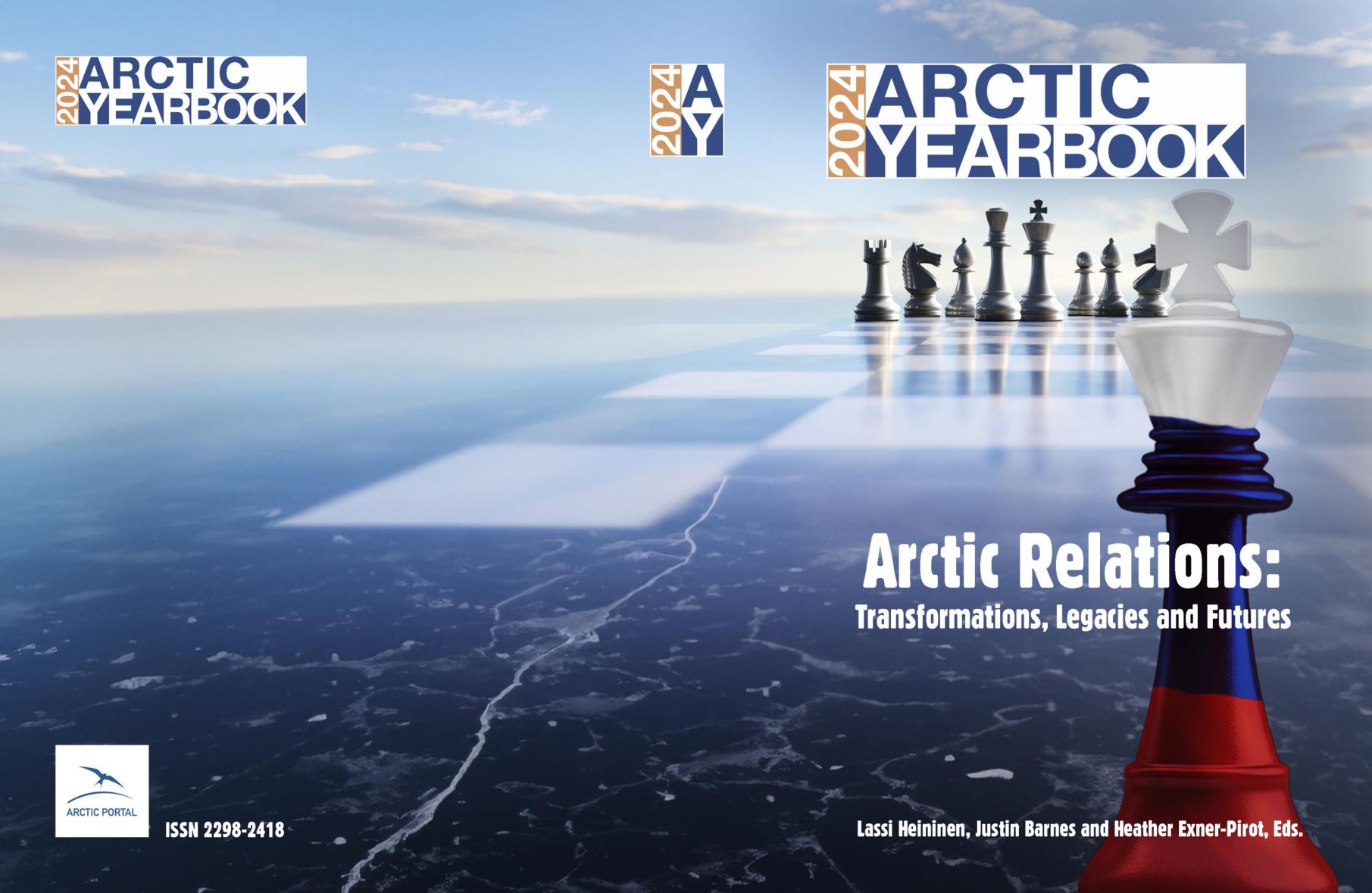The Arctic Yearbook 2024 was formally launched on the 18th November, marking another milestone in the study and understanding of Arctic governance, economics, environment, and society. This year’s edition, themed "Arctic Relations: Transformations, Legacies, and Futures," is now available on the Arctic Portal and its dedicated website, www.arcticyearbook.com.
Under the leadership of editors Lassi Heininen, Justin Barnes, and Heather Exner-Pirot, and supported by the Arctic Yearbook editorial board, the publication is hosted and graphically supported by ArcticPortal.org. This interdisciplinary journal explores the rapidly shifting geopolitical and environmental context of the Arctic, presenting thought-provoking research and analysis.
Key Themes and Insights
The Arctic Yearbook 2024 features a diverse array of contributions addressing pressing issues, including:
European Perspectives on the Arctic:
Emilie Canova examines the evolving EU-Arctic relationship, highlighting the interplay between the Arctic and EU as macro-regions. Her analysis of speeches, Arctic Council documents, and Northern Dimension policies reveals the shifting power dynamics between these entities.
Alexandra Middleton and Elana Zhurova Sæther tackle Arctic demographic challenges, exploring how universities and government policies can combat youth outmigration and population decline.
Nuppu Mielonen and Hanna Lehtimäki are the authors of the article "Industrial Ecosystem Collaboration in EV Battery Materials Value Chains: The Case of Kokkola Industrial Park" & Niall Juval Janssen is the author of the "European Union-Indigenous Relations in Arctic Governance: The inclusion and articulation of Indigenous realities in policy papers since 2008".
Russia and China in the Arctic:
The ongoing geopolitical repercussions of Russia’s invasion of Ukraine are explored by Sergey Sukhakin and P. Whitney Lackenbauer, who assess Russia’s pivot to non-Arctic partnerships like China, India, and Brazil. Meanwhile, Maria Lagutina and colleagues highlight how China’s Arctic ambitions intersect with Russia’s shifting geopolitical priorities. Mihai Giboi is the author of the article "Bypassing NATO Enlargement: Explaining Russian Naval Power Projection through the Arctic".
Science, Diplomacy, and Governance:
Contributions such as Natia Tsaritova’s case study of Arctic Council observers and Hanna K. Lappalainen’s exploration of integrated observation systems emphasize the need for international cooperation in understanding and mitigating Arctic environmental challenges.
Emerging Strategies and Policies:
From Greenland’s new foreign policy strategy to Canada’s unprecedented focus on Arctic sovereignty in its 2024 defence policy update, this volume provides critical analyses of national strategies shaping Arctic governance.
Cultural Dynamics:
Articles like Johanna Routsalainen’s exploration of Arctic art and Benedikte Brincker’s study on Indigenous traditions of hunting polar bears reveal the rich cultural tapestry of the region and its intersection with sustainability.
A Platform for Arctic Discourse
The Arctic Yearbook continues to serve as a vital platform for researchers, policymakers, and stakeholders, fostering discussions that influence global Arctic strategies. As the Arctic undergoes profound transformations due to climate change, geopolitical shifts, and socio-economic developments, this year’s volume underscores the importance of interdisciplinary dialogue and inclusive decision-making.
Visit www.arcticyearbook.com to access the Arctic Yearbook 2024 and explore these critical contributions to Arctic scholarship.

